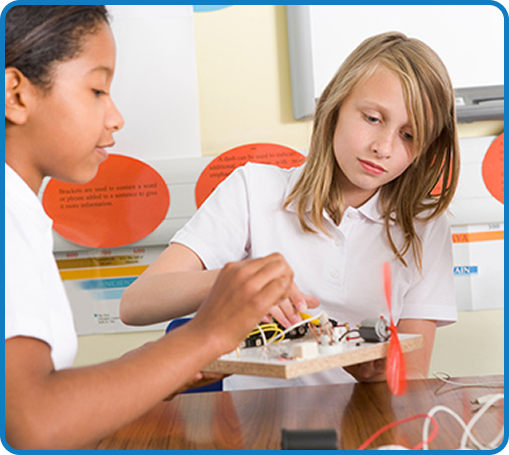Physics Tuition
Give your child the best education possible with tutoring from our experienced & dedicated UK teachers!
Our Physics tuition is fully personalized to suit each student’s unique needs and learning style. Whether you're looking to build a strong general understanding or need support with specific topics, our expert tutors are here to help.

Our experienced science tutors provide targeted preparation for Physics exams, including help with revision strategies, mock exams, resits, past paper practice, and assessment planning. Many of our tutors have firsthand experience with major exam boards and understand exactly what is expected of students.
Our team of specialist Physics tutors provides expert support at every academic level, including:
Whether you're preparing for exams or need help with ongoing studies, our tutors offer personalised guidance with:

Many of our tutors have direct experience working with major exam boards and possess in-depth knowledge of exam expectations and marking criteria.
We believe science should be accessible, engaging and rewarding for every learner. That’s why our teaching approach is designed to support students of all abilities and aspirations—because science has something to offer everyone.
We provide high-quality, focused tutoring across all key stages:

Our lessons in Biology, Chemistry and Physics are clear, structured, and closely aligned with each student’s exam board specification. From the first lesson, students benefit from straightforward explanations and tailored support that builds confidence and understanding.
For GCSE and A-Level students, we focus on exam readiness—helping you revise effectively, master exam technique, and reach your full potential when it matters most.
Our team is made up of highly qualified experts, including tutors with Master’s degrees (MSc/MA) and PhDs across a range of academic subjects. With this level of expertise, we bring a deep understanding and passion for teaching to every lesson.
We have a strong track record of success in preparing students for the UK’s most competitive entrance exams and national qualifications—proof of our commitment to excellence and student achievement.


The specifications we follow are aligned with the UK’s major exam boards and have been developed with input from thousands of experienced, UK-qualified teachers. This ensures that our GCSE and A-level Biology courses are not only academically rigorous but also engaging and relevant for both teaching and learning.
Key features of our specifications include:
We believe the best way to learn science is through hands-on, purposeful practical work that’s fully integrated into everyday teaching.
Our required/core practicals are:
Additional guidance is available in our Practical Handbook, which includes expert recommendations and insights from teachers involved in the trials—providing you with valuable support to deliver successful practical lessons.


Our improved exam papers are designed to be straightforward and accessible, helping students focus on demonstrating what they know—without unnecessary confusion.
Our exams feature:
We’ve collaborated with experienced teachers to create a wide range of resources—designed to support every stage of teaching, from planning and instruction to exam preparation. With these tools, you can feel confident in delivering effective, engaging lessons that lead to real student progress''
